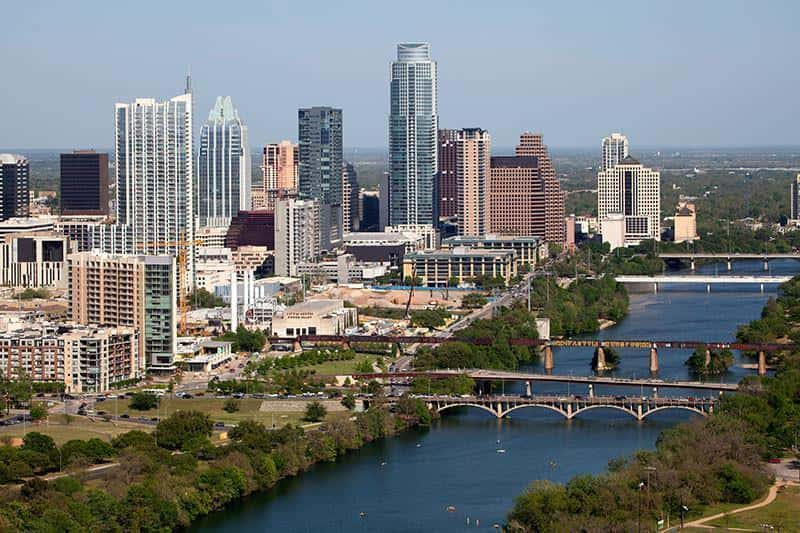May was another robust month for the local economy in Austin, according to the Dallas Federal Reserve.
The Austin Business-Cycle Index, which forecasts the strength of economic expansion or recession in the coming months, accelerated and remained above its long-term trend, accelerating to a robust annualized rate of 8.2-percent in May — the strongest expansion since November 2015.

Labor force growth remained tight for the month, although recent job growth was strong, particularly in the construction and mining and information sectors.
Austin’s unemployment rate declined from 2.6-percent in April to 2.5-percent in May, the lowest posting since December 1999. The state unemployment rate declined from 3.7 in April to 3.5 in May, whereas the nation remained at 3.6-percent.

Year to date, the metro’s labor force grew at an annualized rate of 0.4-percent; this compares with 3.6-percent in 2017 and 2.7-percent in 2018.
The Austin metro saw a 3.3 annualized percent gain in jobs during the three months ending in May. Growth was led by the construction and mining sector, which swelled an annualized 27.5-percent, or a net 4,000 jobs. An area of weakness was manufacturing, where net jobs contracted by a flat 6-percent, or 900 jobs.

The three-month average for private sector hourly wages for the Austin-Round Rock metro area declined in May for the fourth consecutive month, however, the metro’s average wage of $28.76 remained above both the Texas and U.S. averages. Austin wages declined 1.6-percent year over year, while U.S. wages increased 3.1-percent and Texas wages increased 1.7-percent.

The Fed report indicates that part of the decline in the metro’s average wage can be attributed to compositional effect, where the rapidly growing construction and mining sector drove down the average.
While the Business-Cycle Index was indeed robust for May, economist are predicting a slowdown in the coming months, or perhaps simply flatten out. While 2019 is projected to finish strong, the metro’s shortage of workers may be the driving facotr behind that slowdown.





